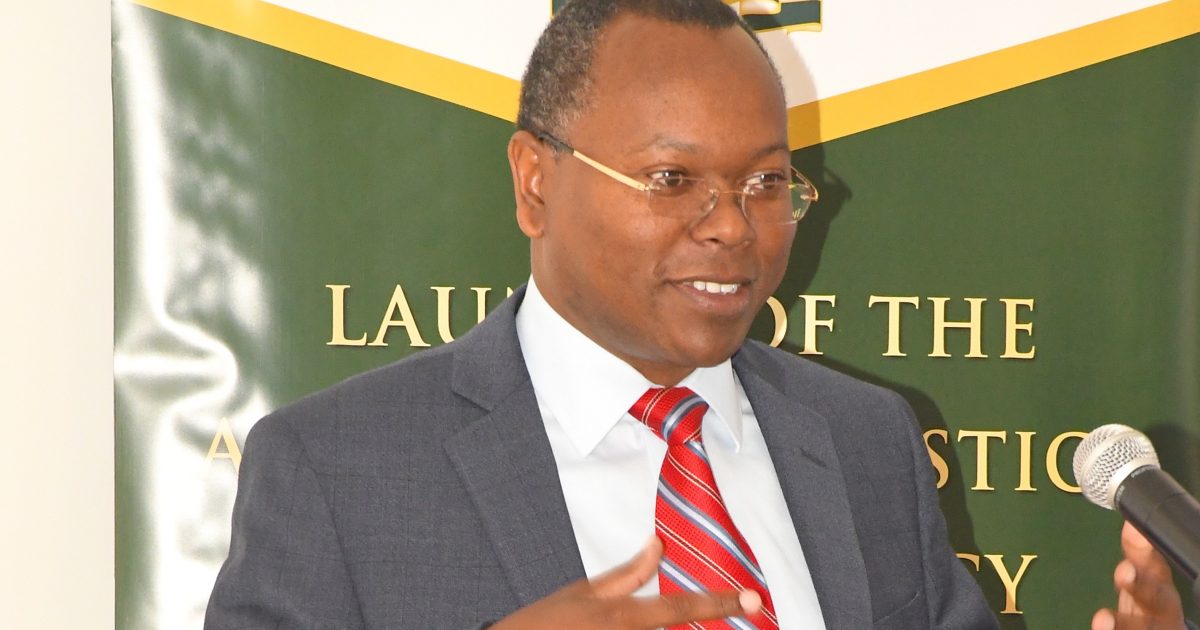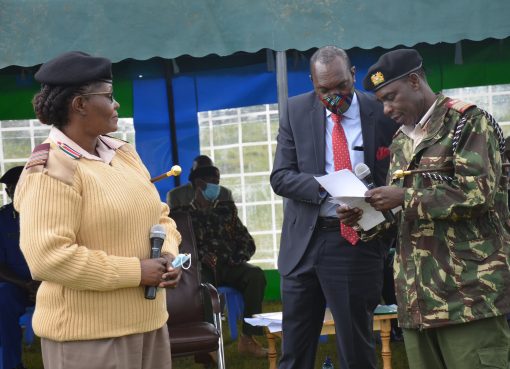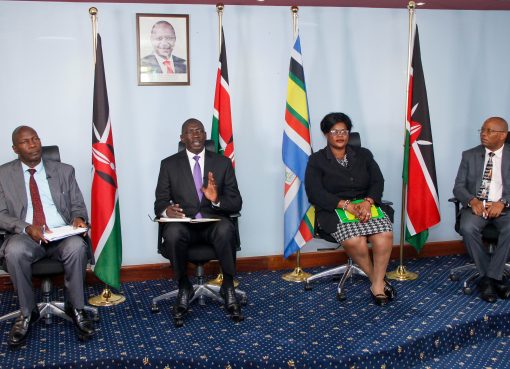The Chair of the National Steering on Implementation of Alternative Justice System (AJS) and Policy (NaSCI-AJS), Justice Joel Ngugi, has underscored the importance of AJS, saying it helps resolve over 79 per cent of disputes in the country.
“That means that only 21 per cent of people with legal issues go to the orthodox law courts for resolution,” Justice Ngugi said.
Justice Ngugi who is also the Judge of the Court of Appeal, said the Alternative Dispute Resolution mechanism is faster, saves times and money and therefore cost-effective because one does not need to hire lawyers and has no delays occasioned by court adjournments.
He singled out a land dispute in Kajiado that had been in court for 32 years, noting the case was amicably resolved this week in a matter of days when it was referred to AJS and left all parties satisfied.
“The two families are now planning a big celebration over the resolution of the matter. We in court don’t resolve disputes, but rather we decide who has won and that leaves one party rather unhappy,” Ngugi said.
He said AJS should be prioritized because it enhances access to justice even for the most vulnerable people who cannot bear case cost and help reduces backlog at the law courts.
Justice Ngugi was speaking in Naivasha, Wednesday, during the training of the National Legal Aid Service (NLAS) staff on AJS, in order to equip them with skills to help marginalized communities who require legal aid most in handling AJS matters.
The Judge who is also a recipient of the 2022 Jurist of the Year Award (JOYA) from International Court of Jurists, Kenya Chapter said it was convenient to all parties involved as the language used is familiar to all parties and helps enhance our African culture and that is why one of the roles of his committee is to train the dispensers of the AJS around the country in order to ensure they stick to the law and dispense justice.
“Over 90 per cent of cases can be resolved through AJS except all children` cases and other cases outlined in the law, thus AJS is an appropriate way of also reducing backlogs of cases in court,” Justice Ngugi noted.
In regard to the backlog in cases at our conventional courts, Justice Ngugi, observed Kenya has courts in only 160 out of the 290 constituencies in the country and cannot, therefore, be used as the only avenue of dispensing justice in a speedy manner as the courts were very far from the people both physically and functionally with many documents and technicalities that the common person does not understand.
The Judge, however, cautioned all parties engaged in AJS, to ensure they adhere to the law.
Justice Ngugi who was accompanied by Steve Ouma Akoth, who is Vice Chair to National Steering on Implementation of Alternative Justice System (AJS) and Florah Bidali, who is the Acting CEO of the National Legal Aid Service said the AJS, as a system that is anchored in the constitution and reflects the reality of most Kenyans by appreciating their traditional ways of quickly solving cases.
Ngugi also observed that AJS was introduced in the 2010 Constitution because the earlier law had declared most cultural and traditional African ways of dealing with normal life retrogressive and outdated.
“The new law views the traditional as rational so long as it does not contravene the Bill of Rights,” Justice Ngugi said.
By Mabel Keya – Shikuku




